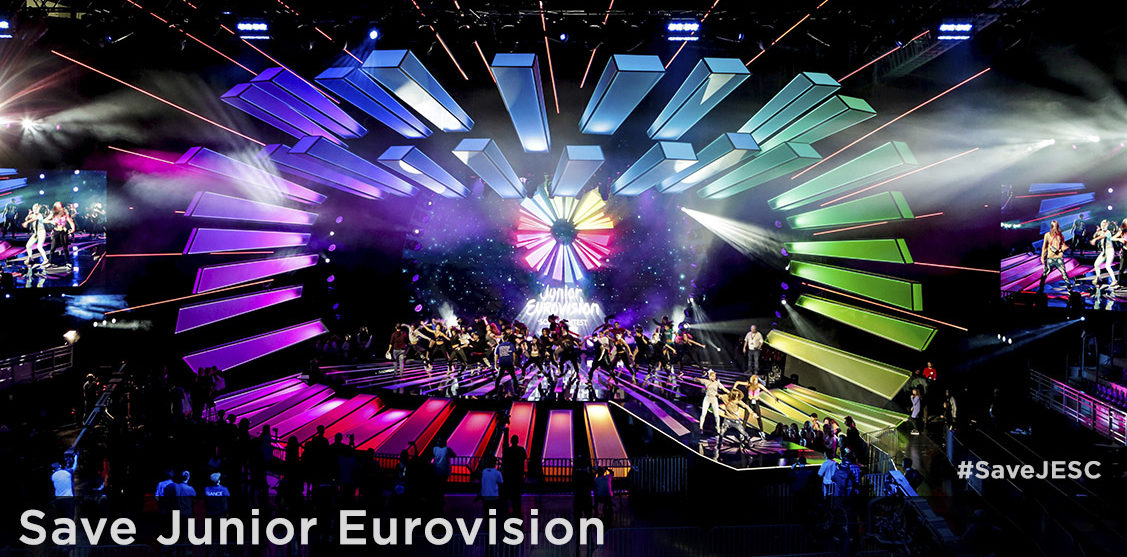EDITORIAL – Today we continue our review of the aspects that need to change to improve the format of the Junior Eurovision Song Contest, so it becomes a favourite educational show for the youngest. This time, we will talk about the show itself and everything around the live broadcast of the competition.
The participants of Junior Eurovision are without a doubt the most important element of the contest, but not least is the show itself, which is broadcast live in most of the participating countries. The last few years, we have seen that the presence of children in the show has been reduced to feature adults during the interval acts and postcards. Moreover, the shows appeared to have been made under the same pattern.
The reason behind this monotony is that the last four editions of Junior Eurovision have been directed by the same expert and, although he tries to innovate, some aspects are copied from previous contests. Not only has this professional directed the shows, but he has also been in charge of the official theme songs, as well as the logo and the stage designs. On the other hand, we think that the show should feature more kids in the postcards, as it’s a song contest for them, and during the interval acts. This would let young national performers show their talent to the audience and the viewers could identify with them.
In contrast to previous years, the last edition of Junior Eurovision featured more children during the show elements mentioned above. The 2017 contest was hosted by the former representative Lizi Japaridzde, who provided the show with energy and youthful happiness. Also, we could enjoy several performances of Georgian kids, the 2016 winner Mariam Mamadashvili singing during the opening act and the former representatives The Virus performing a powerful catchy song in the show. There were also some innovative ideas, like the pictures of the participants on screen next to the banner and during the opening act. So, we think that the last edition of the song contest for children should be an example to follow talking about show aspects.
Something that many people miss is the collaboration between the European Broadcasting Union and Unicef. It would be very educative that the organisers of Junior Eurovision carried out charity initiatives in the contest, such as the solidarity sale of the official theme song to fund Children’s Cancer Research and other projects. This would bring the youngsters feelings of solidarity among equals.
The recent changes in the format of the show have led some broadcasters to withdraw and lose interest in the competition, as the time and date of the broadcast don’t fit their schedule. Two years ago, the contest was re-scheduled from Saturdays at 19.30 CET to Sundays at 16.00 CET, because the show finished too late in some eastern countries. We think it’s not a good idea to broadcast a show for children on Sundays because they have to prepare for Monday’s lessons and go to bed earlier. All in all, both time and date of the show should be set thinking of the audience, possible debuting countries and the children’s routine. This would also benefit some competing singers and delegations, who would be able to return home in time.
Author: Belén G.

